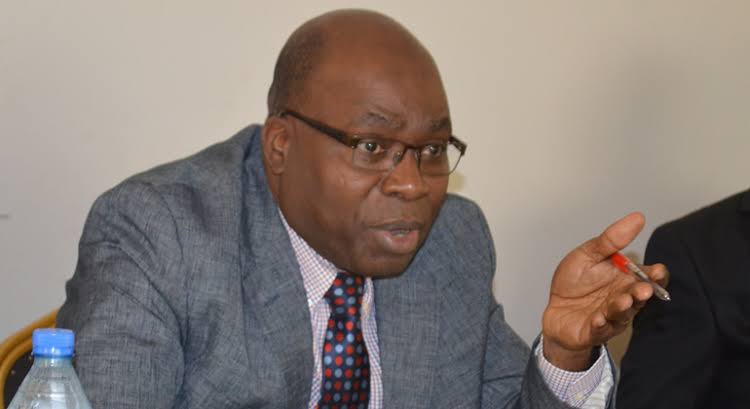The Independent Corrupt Practices and Other Related Offences Commission (ICPC) has started the process of selling assets that have been permanently forfeited to the federal government.
ICPC chairperson, Bolaji Owasanoye, said the process was being done in line with the provisions of the new Proceeds of Crime (Recovery and Management) Act (POCA), which was only signed into law by President Muhammadu Buhari in May this year.
He spoke in Abuja on Friday at the “bid opening to select auctioneers” for the sale of the forfeited assets, a press statement released on Monday by ICPC’s s spokesperson Azuka Ogugwa, stated.
The statement did not give details about assets to be put on sale or the outcome of the bidding opening.
Mr Owasanoye, represented at the event by a member of the board of ICPC, however, hailed the impact of POCA on the anti-corruption war.
He described the new law as a tool “which brought clarity and purpose to the previously murky waters of asset recovery and management.”
According to him, the new regime is a break from the era of “unregulated structure surrounding forfeited assets,” which he said, often led to huge revenue losses ultimately defeating the purpose of recovery.
He added that the Proceeds of Crime Act helped create a governing directorate, created a uniform system for managing and disposing of forfeited assets, and made sure that all processes were discussed and carried out by specialists in the respective professions.
This, he added, prioritised corruption prevention and encourages transparency.
He reiterated that each agency that recovers assets is responsible for the disposing of the forfeited assets.
He added that that the process stipulated by POCA is tamper-proof as the law directs that all proceeds be deposited in a special account with the Central Bank of Nigeria, which is only accessible at the discretion of the National Assembly and the President.
He said: “Whatever is obtained at the end of this exercise, there is a dedicated account under the watchful eyes of the Central Bank of Nigeria in place already. Nobody has the powers to transfer or move anything out of that account except the National Assembly and the President.”
A major highlight of the provisions of POCA, according to Mr Owasanoye, is that it establishes a committee made up of board members, directors, representatives of labour, civil society organisations, the media, and the Bureau of Public Procurement to oversee the bid process in order to provide guidelines and guarantee that all procedures were transparent.
He expressed delight that the commission is among the first to carry out an auction based on the POCA, and suggested that the success of the process would ultimately encourage other agencies to follow suit.
“The bid opening process began with the opening and counting of submitted bids based on the lots which had been publicly advertised and were subject to stringent terms and conditions.
“There were two lots available with 58 and 54 bids, respectively. Each box was meticulously processed with records being taken for accepted, returned and withdrawn bids.”

